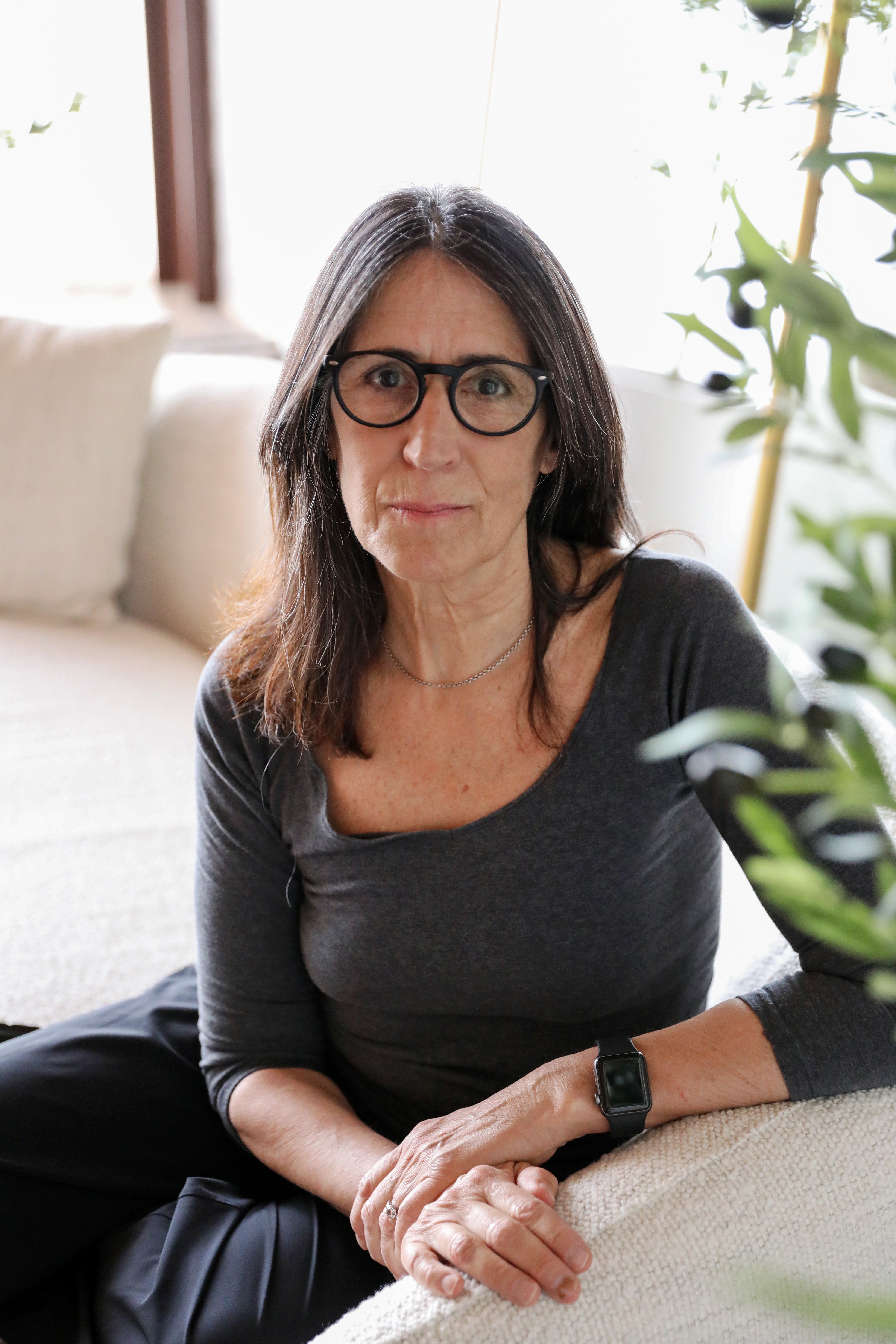Jennifer Martelli, featured in the new Ocean State Review
Writing Assignment
Long ago, I loved a man who couldn’t apologize:
I’m sorry I yelled, but you weren’t listening.
I’m sorry I showed up at your house, but you wouldn’t answer the phone.
I’m sorry I broke your back doorjamb, but I knew you were in there.
The wood splintered and I saw how foggy it was out.
The gulls, shadowy and cruciform, flew through the clouds, home to the beach.
My sponsor said anything you say before but is a lie.
When my father was dying, he raged at me a lot, and then he’d call, in tears.
I’m sorry, I’m sorry, but this is all so unfair.
I’m sorry, but I miss your mother.
Come live here with me, I offered, but I knew he’d never leave his home.
His need for my mercy frightened me more than any brutal man.
To look back at the suffering of others, even if their suffering was all I ever wanted—
well, I know I should write about it, but I don’t know where I’ll end up.
Jennifer Martelli on “Writing Assignment”:
“Writing Assignment” was a response to Sally Mann’s photo, “The Turn.” I am fortunate to belong to an ekphrastic writing group that meets twice a year on Facebook. We’re given weekly images, ranging from classical art to sculpture to photographs, and can respond to pieces, or not. My poem responds to the fog in the Mann photo, as well as the man walking away. I never really thought of myself as an ekphrastic poet, so I guess this piece worked as a prompt more than a true response. I added a narrative—my narrative—to Mann’s piece.
I was inspired to write this poem by two poets, Rachel Mennies and Marie Howe. I loved the way Mennies, in her book, The Naomi Letters, would focus on a tiny word—one little word—and how it can change everything: relationships, not only for the speaker, but maybe for the reader as well. I focused on the word “but” when used in an apology, and how it negates that apology. What I’ve always admired in Marie Howe’s work is her ability to resist metaphor. It’s so hard for me to do this, but I feel I come closest to what I want to say when I just say it, without it being something else.
Lately, I’ve been questioning line breaks; this suspicion informed my use of long lines that are complete syntactic units. I’ve always loved these long-line sentences in poetry, though I don’t sound like much of a poet if I’m avoiding metaphor and line break! But, I feel like I’m writing a little truer to my voice by doing this (obviously, this could change tomorrow).
This poem seeks to understand the nature of rage, of forgiveness (if that’s even possible), and of ownership of one’s wrongs. In recovery, one of the tools is writing (4th and 8th step lists, especially). A huge part of recovery also involves making amends, which sounds lovely and logical, but for this recovering person, still remains, at times, illusive and elusive. I wanted to study the word “but,” and what that word does to an apology and how the power is shifted once “but” is inserted into an apology. Power (to forgive, to harm) is always suspect.
I’m writing more and more as a person in recovery, as well as someone who has witnessed violence, or has been part of violent relationships (physical and/or emotional). In my mind, there’s a connection between all of that and our political landscape. This might be why my poems are less “poetic,” and insist upon these straight lines.
Jennifer Martelli has received fellowships from The Virginia Center for the Creative Arts, Monson Arts and the Massachusetts Cultural Council. Her work has appeared in The Academy of American Poets Poem-A-Day, Poetry, Best of the Net Anthology, Braving the Body Anthology, Verse Daily, Plume, The Tahoma Literary Review, and elsewhere. She is the author of Psychic Party Under the Bottle Tree (forthcoming, December, 2024, Lily Poetry Review Books), as well as The Queen of Queens, which won the Italian American Studies Association Book Award and was shortlisted for the Massachusetts Book Award. Jennifer Martelli is co-poetry editor for MER. www.jennmartelli.com

